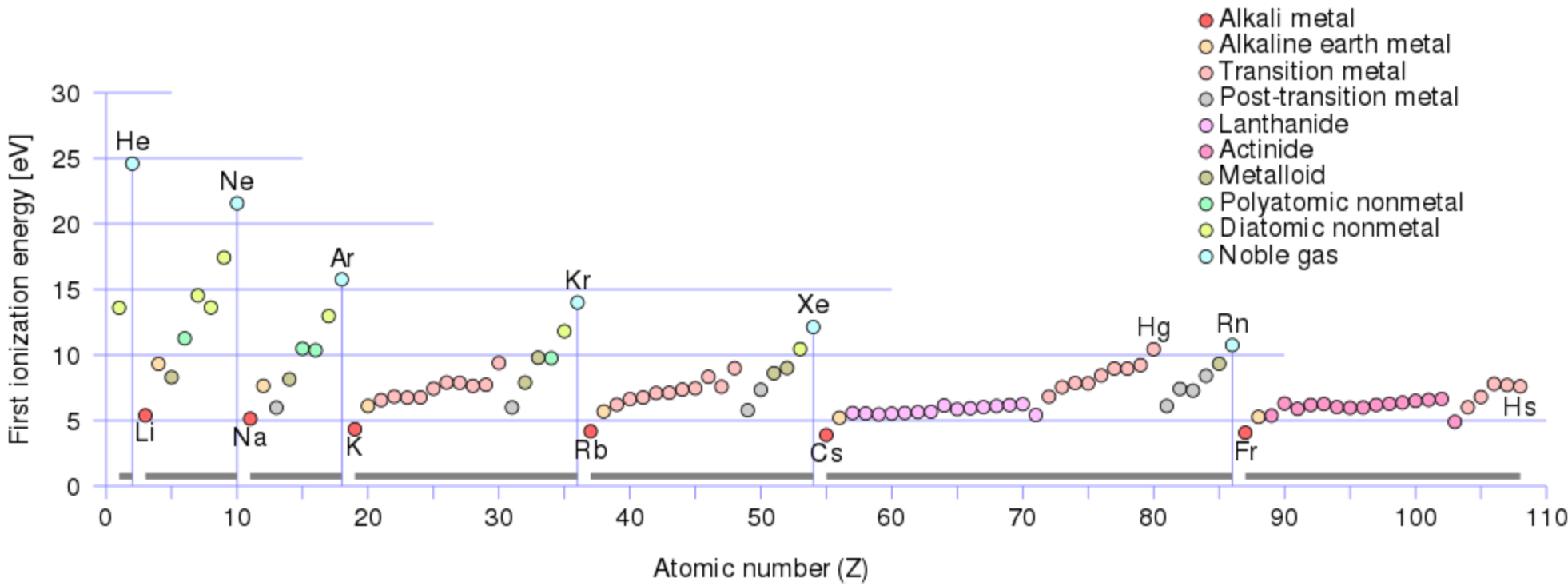You're looking at two different changes. The end state is different so it makes no sense to compare these two scenarios.
If fluoride is oxidized, it loses an single electron.
If fluoride acts as a base and donates a pair of electrons, it shares a pair of electrons.
In the first case, you now have fewer electrons around a very small charge. The effective nuclear charge on the valence electrons is quite high. The extra electron was attracted to this positive charge, and if you want the process to be favorable, you needed to stabilize that electron more than destabilization from removing it from the fluoride. But you're going to find something that's going to want an electron electron more than a fluorine atom...
In the second case, you have a high density of electrons fairly close to the nucleus. But you can stabilize the overall system by using some of those electrons to stabilize another positive charge. So, you're reducing some electron repulsion at the expense of attraction within the fluoride, but you're stabilizing another positive charge, which is overall favorable.


